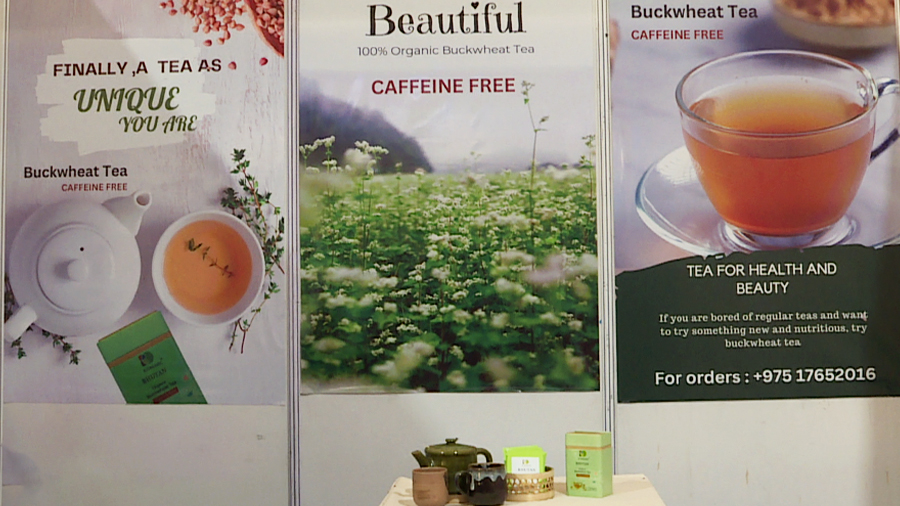
Indigenous products are encountering difficulties in entering the international market. The lack of certification and expertise in labelling and packaging are hindering the success of these products abroad. The Bhutan Chamber of Commerce and Industry, BCCI, said that certifications issued by the Bhutan Food and Drug Authority are often not recognised internationally. As a result, the BCCI is working towards providing certification for local products by sending entrepreneurs to receive training on labelling and packaging in India soon.
Certification plays a crucial role in the global market as it ensures the safety and reliability of products. Product certification is essential to demonstrate quality and safety, which are fundamental elements for export.
As the local products in the country need certification to meet global standards to access international markets, it is a challenge for entrepreneurs. They raised this during the BCCI’s five-day thematic expo which is ongoing in the capital
“As the country is small there is no market in our country. And due to the absence of certification, the country lacks the opportunity to export its products,” said Dorji Gyeltshen, an entrepreneur.
He also highlighted the benefits of obtaining certifications such as the Japanese Agricultural Standard (JAS) and European Union (EU), as they would open up opportunities to export to other countries.
“Even if we do not get EU certification, getting a JAS certification would benefit us. If we have the JAS certification we can export to Malaysia, Singapore, and many countries in South Asia,” added Dorji Gyeltshen.
According to the BCCI’s president, the lack of packaging and labelling experts within the country is another obstacle to exporting finished goods globally.
“We don’t have experts in Bhutan to bring the finished products. We are in lack of experts in packaging and labelling and it challenges the market,” said Tandy Wangchuk, BCCI’s president.
Although BCCI officials conducted testing and certification of around 24 Cottage and Small Industry, CSI products with FASSI in India, the absence of mutual recognition limits their acceptance in international markets.
“Before we were hugely supported by the department of cottage and small industry to export the products to other countries. We sold half of it, but the other half of my products were sent back to the country for upgrades due to labelling and packaging not meeting global standards,” said Sonam Yankey, an entrepreneur.
Meanwhile, the certification process for local products is currently ongoing.
“Access to finance is the most challenging aspect for entrepreneurs. Regarding certifications, discussions are being held with various countries to seek support in obtaining certifications that would facilitate entry into the international market,” added BCCI’s president, Tandy Wangchuk.
BCCI officials highlighted the positive impact of testing and certification on exports. They said assured international markets lead to increased confidence in scaling up production, diversifying products and expanding operations.
Sonam Yuden
Edited by Sonam Pem







